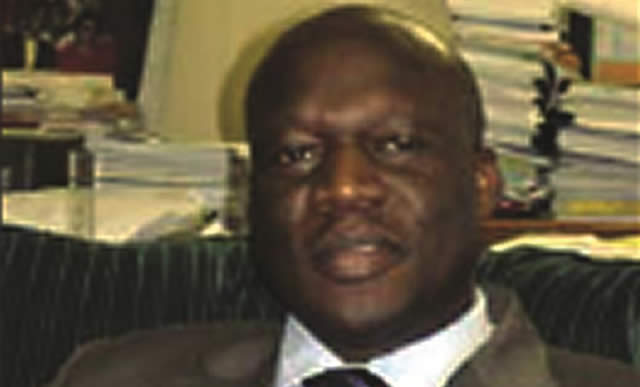Ministry pours $7.6m into health fund

Pamela Shumba, Senior Reporter
THE Ministry of Health and Child Care has released $7.6 million to the Health Development Fund (HDF) to purchase essential medicines and equipment for Government health institutions countrywide.
Managed by Unicef, the HDF has been the primary means through which donors have channelled their financial contributions to Zimbabwe’s health sector.
The Government’s contribution comes from the recently-introduced Health Fund Levy through which five percent of the duty charged on airtime is ring-fenced to improve access to quality health care for all Zimbabweans.
The Permanent Secretary in the Ministry of Health and Child Care, Dr Gerald Gwinji, said the Government appreciates support rendered by development partners to the country’s health system.
“As Government of Zimbabwe we appreciate the continued support and contribution that development partners have made to the health sector through the HDF. They have asked us as Government to support this commitment by also investing appropriately into the health services provision.
“Here we take advantage of Unicef’s procurement mechanism and economies of scale to utilise part of the Health Levy to purchase essential drugs and medicines,” said Dr Gwinji.
He said channelling of the funding by the Government through the HDF attests to the trust and benefit the government has derived through the HDF.
In addition to this funding, Dr Gwinji added, the Government has met its 2017 co-financing obligation of $600 000 to improve the availability of vaccines through 2018.
“This is a great development for the Zimbabwe Expanded Programme on Immunisation which aims to drastically reduce vaccine preventable diseases such as pneumonia, diarrhoea and measles in children aged five and below,” said Dr Gwinji.
Unicef acting country representative Dr Jane Muita said the UN agency is committed to helping all Zimbabweans have access to health care.
“We share the Government’s commitment to providing every Zimbabwean, especially women and children, with access to the highest quality of health care possible.
“To this end, we’ll do everything possible to ensure that the medicines and equipment reach health facilities in the shortest possible time,” said Dr Muita.
Unicef will use its procurement systems to efficiently purchase the products while ensuring value-for-money and taking advantage of economies of scale.
Distribution will be done through the National Pharmaceutical Company (Nat Pharm).
Key contributors to the HDF include the Governments of the United Kingdom, which has so far contributed $68.4 million, Ireland $4 million and Sweden $20 million.
Other contributors include the European Union $62,7 million and the Global Vaccine Alliance $14.2 million.
Health and Child Care Minister Dr David Parirenyatwa recently said infant mortality and maternal mortality had significantly dropped due to a number of strategies employed by the ministry and its development partners.
Dr Parirenyatwa said new HIV infections have also dropped drastically with mother to child transmission dropping from 40 percent to 5.4 percent. — @pamelashumba1












Comments